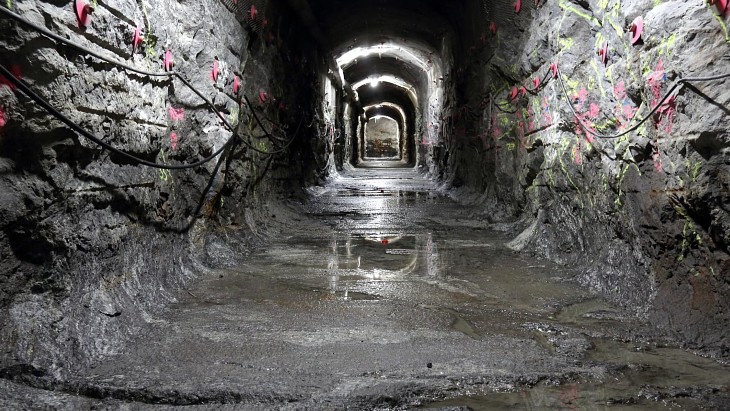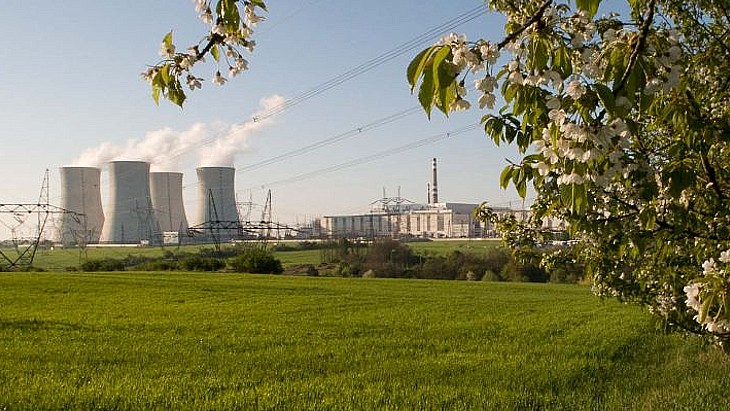Nuclenor, owner and operator of the Garoña nuclear power plant in Spain, has lodged an appeal against the ministerial order that the plant can only operate until 2013. The company had described the decision not to grant a ten-year extension as 'arbitrary'.
.jpg) |
| The Garoña plant (Image: Nuclenor) |
The CSN's report of 8 June said that Garoña would be safe to operate for a further ten years and specified certain technical upgrades that should be made before 2013. However, the ministry only granted a license for four more years after what Nuclenor called an 'arbitrary act without justification in law'.
At that time of the ministerial order, Nuclenor complained that it had complied with all the requirements of its previous ten-year licence and therefore the failure to grant a further licence in line with the advice from the CSN was not in keeping with the accepted procedure. It said that launching legal action would be a possibility to 'protect the legitimate rights and interest of all the parties affected by an arbitrary decision lacking justification.'
In a statement announcing the launch of its High Court appeal, Nuclenor said that it believes 'there are solid arguments for the continuation of the plant's operation until 2019.' These, it says, include the favourable assessment of the Garona plant's security and reliability by the CSN and five international inspection teams. The company noted that the plant has been 'modernized and updated with heavy annual investments, notably over recent years.'
Spain has held an anti-nuclear stance since the early 1980s, with the longstanding policy that existing reactors should shut down at the end of their operating licenses. This saw the 142 MWe Zorita reactor close in 2006, while nuclear power continues to supply around 20% of Spain's electricity, due in part to a program to boost the performance of the current eight reactors.
The new operating licence will allow the Garoña plant to operate until 2013, when it will be 42 years old, and a decision by the next government will be required as to whether to permanently shut down or plant or extend its operation further. The government has claimed that a lifespan of over 40 years is extraordinary for a nuclear reactor, although there are more than 50 reactors in the USA with licenses to operate until the age of 60.






_53514_33880.jpg)






